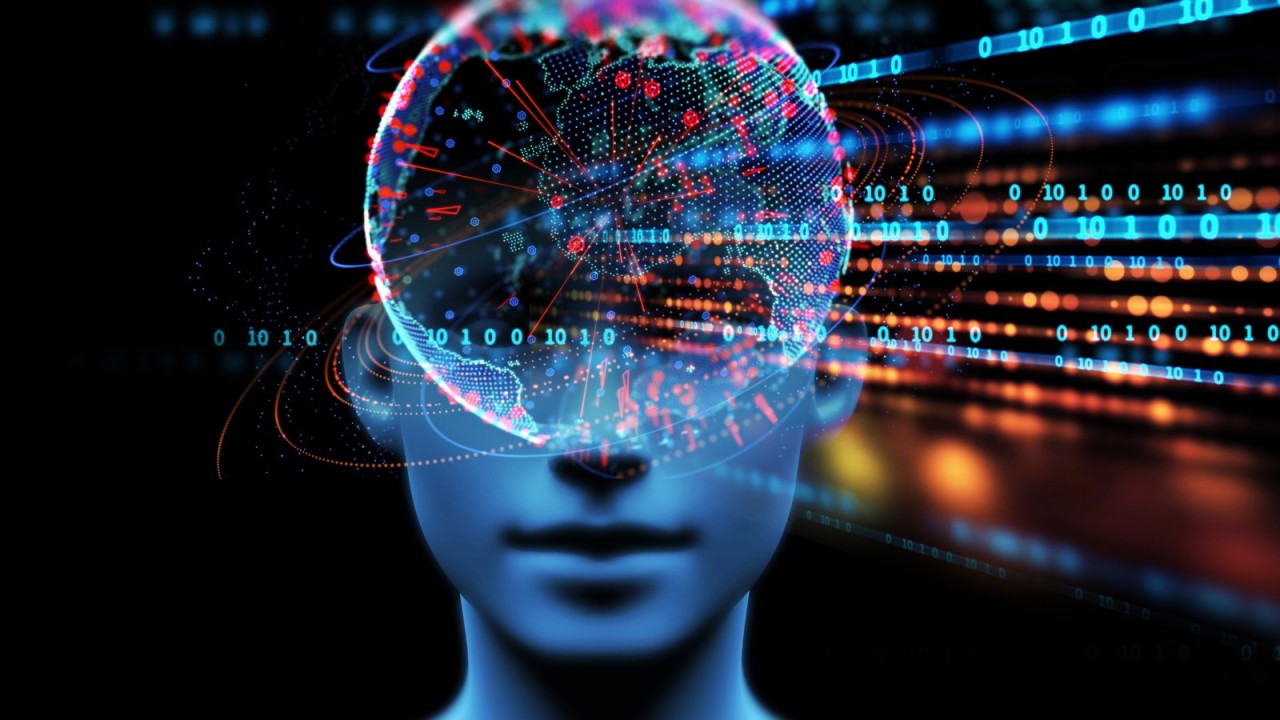Revolutionary “Mind-Reading” Breakthrough Offers Hope for Non-Verbal Communication

In a remarkable scientific achievement reminiscent of the famed wand wielded by Albus Dumbledore, researchers have made significant strides in deciphering the human mind. This mind-bending feat, published in Nature Neuroscience, presents the potential for life-altering advancements in assisting individuals who struggle with communication. While this cutting-edge technology is still in its early stages, the ultimate goal is to create seamless devices that empower those with speech impairments or limited communication abilities. However, the breakthrough also raises concerns about privacy and unwanted neural surveillance.
Gopala Anumanchipalli, a neural engineer at the University of California, Berkeley, expressed his fascination with the research. “It’s like, ‘Wow, now we are here already,'” he marveled. The study’s novel approach sets it apart from recent advances involving implanted devices, as it requires no surgical intervention. Furthermore, unlike other external methods, this breakthrough allows for the continuous generation of words, providing a more expansive vocabulary.
During the study, three individuals volunteered to lie inside a bulky MRI machine for a minimum of 16 hours each. They listened to captivating stories, primarily sourced from The Moth podcast, while functional MRI scans meticulously tracked changes in brain blood flow. These fluctuations served as proxies for brain activity, albeit imperfect and slow indicators.
With the neural data at their disposal, computational neuroscientists Alexander Huth, Jerry Tang, and their team from the University of Texas at Austin embarked on a groundbreaking journey. They successfully linked patterns of brain activity to specific words and ideas using a language model built with GPT, one of the pioneers behind today’s AI chatbots.
Through an iterative process, the researchers were able to decode new words and ideas by leveraging the identified brain activity patterns. While the system didn’t achieve a perfect word-for-word accuracy, with an error rate of 92 to 94 percent, it successfully captured the essence and meaning behind the words. For example, when a person heard, “I don’t have my driver’s license yet,” the decoder generated, “She has not even started to learn to drive yet.” Although the decoders encountered challenges with pronouns, the researchers have yet to determine the underlying reasons for this limitation.
The decoders also demonstrated the ability to roughly reproduce stories directly from participants’ brains in two different scenarios: when individuals silently recited a rehearsed story to themselves and when they watched silent movies. The fact that these situations could be decoded excited the researchers, as it indicated a breakthrough beyond basic language comprehension. Rather, the decoders captured the essence of the conveyed ideas.
Sarah Wandelt, a computational neuroscientist at Caltech, commended the study, stating, “This study is very impressive and gives us a glimpse of what might be possible in the future.”
While the rapid progress in brain decoding holds promise, it inevitably prompts discussions about mental privacy. The researchers themselves addressed these concerns during the study. “We know that this could come off as creepy,” acknowledged Alexander Huth. The team emphasized that the method employed is highly personalized, with each decoder tailored to an individual’s brain data. Furthermore, the subject’s cooperation is essential for the decoder to identify their thoughts. Simply redirecting attention away from the audio story can foil any eavesdropping efforts, allowing participants to focus on unrelated topics or stories.
Anumanchipalli emphasized the importance of mindful research and understanding privacy implications. He remarked, “I think we should be mindful because after the fact, it’s hard to go back and put a pause on research.”
As the boundaries of neuroscience continue to expand, this breakthrough paves the way for new possibilities in human communication. While ethical concerns surrounding privacy must be addressed, the potential to empower individuals who struggle to express themselves verbally offers a glimmer of hope for a future where thoughts can be shared and understood without barriers.



